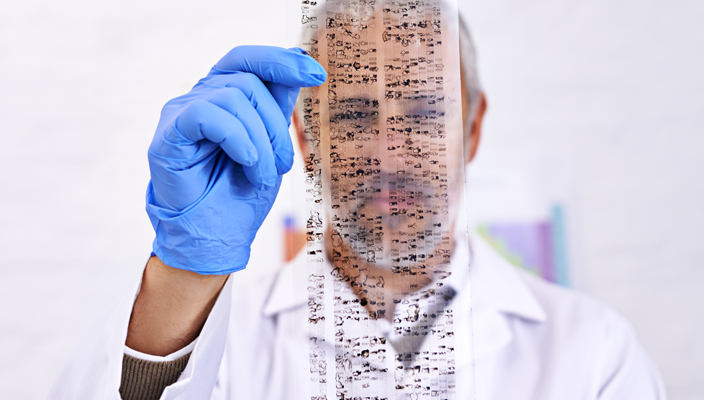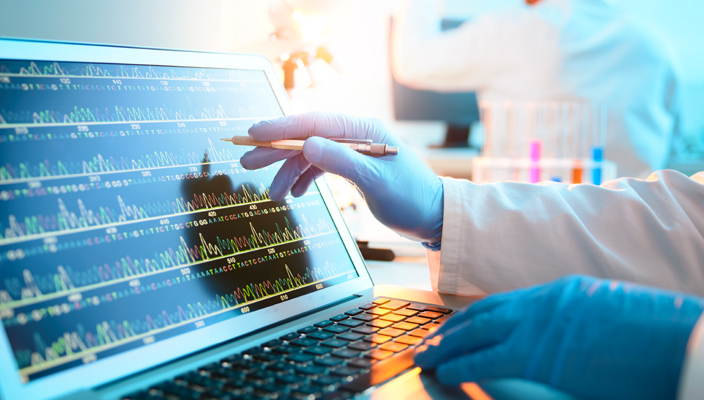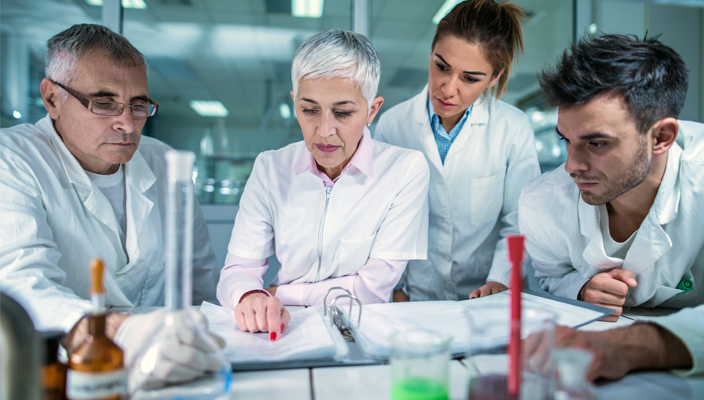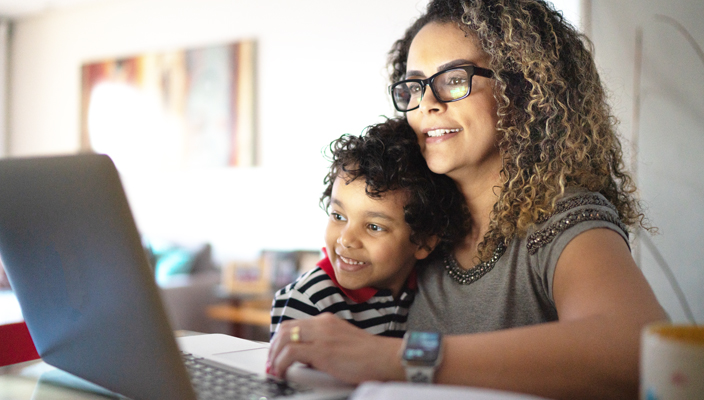One of the most long-awaited milestones from the All of Us Research Program is just around the corner. Before the end of this year, All of Us will start sharing health-related DNA results with a small number of participants. Everyone else will soon follow.
You may have learned a bit about yourself already if you received genetic and ancestry trait results from All of Us. We expect that some participants will want to know more. Others may not. As always, it’s your choice how much you want to share and how much you want to know. We want you to be prepared so you can make the best decision for yourself.
Deciding whether to get your DNA results is an important choice. We expect most people to learn that their gene variants, or differences in DNA, are not ones that increase their risk for disease. Other participants might learn that they have variants in genes that could increase their risk for certain diseases. In that situation, we will provide them with support to understand their results and take next steps.
In this article, we’ll provide information about how we’ll share these results with you. We hope it will help you decide if you want your results once we start offering them.
How Will This Work?
In the next few months, All of Us will start checking in with eligible participants to see if you want health-related DNA results. Right now, that includes the Hereditary Disease Risk report and the Medicine and Your DNA report. You can choose to receive one, both, or neither of these reports.
If you say yes to getting your results, then we will start analyzing your DNA to create your report. Because we have so many participants eligible for these results, it may take several months for you to receive your invitation. You can read about what goes on behind-the-scenes to get these results to you in this month’s feature story.
Hereditary Disease Risk Report
This report will look at 59 genes associated with inherited diseases, such as some types of cancer and heart conditions. These genes are passed down from parents to their biological children.
The report will tell you whether you have gene variants that might put you at higher risk for certain diseases. All of Us chose these 59 genes because the conditions associated with them are “medically actionable.” That means there are certain steps you and your health care provider can take if you learn you are at increased risk. Possible steps include regular screening, a certain diet, or medicines.
But remember, All of Us DNA results are research results. Your results should be confirmed with a clinical DNA test before you make any changes to your health care. Read on to learn about how we offer a clinical DNA testing option to participants with an increased risk.
It's also important to know that an increased risk in the genes we check does not mean you will get a disease in your lifetime. And if you don’t have those variants, you may still get a disease. Many factors influence whether you get sick or stay healthy. That includes genetic variants we don’t know about yet, as well as environmental and social factors.
Medicine and Your DNA
We also will offer our participants a Medicine and Your DNA report. Like the name suggests, this report looks at genetic variants that affect how the body processes medicines. For example, the CYP2C19 gene makes a liver enzyme that helps to process a variety of medicines. Small differences in the gene can make the enzyme work better or worse when processing those drugs.
For instance, certain variants of CYP2C19 affect a common blood thinner called Plavix®. In people who have those variants, Plavix doesn’t work as well, so it’s not as effective as it can be in preventing blood clots. If people with certain CYP2C19 variants have a heart attack or stroke, their health care providers may prescribe a different blood thinner drug.
The Medicine and Your DNA report will cover this gene and six others. It also includes more than 50 medicines that can be affected by differences in these seven genes.
Helping You Understand
At All of Us, we don’t want to settle with just giving you a health-related DNA result. How our genes work is complicated. We want to be sure you fully understand your results and what they mean for you.
One way we help do that is by connecting you with a genetic counselor free-of-charge. The genetic counselor can help explain your results and what they may mean for you and your family. All of Us does not provide health care. But we hope these health-related results will provide you with information useful to you.
Another way we help is by offering participants who might have increased risk a no-cost way to get a clinical DNA test. This test will not be part of the All of Us Research Program. You will work directly with Color, an All of Us partner, to get that test. The results from that clinical DNA test will help you and your doctor decide if you should make changes to your health care.
You may or may not want to receive these results. It is always up to you to decide if you want the report for both, one, or neither result. Be on the lookout for more updates next month.









